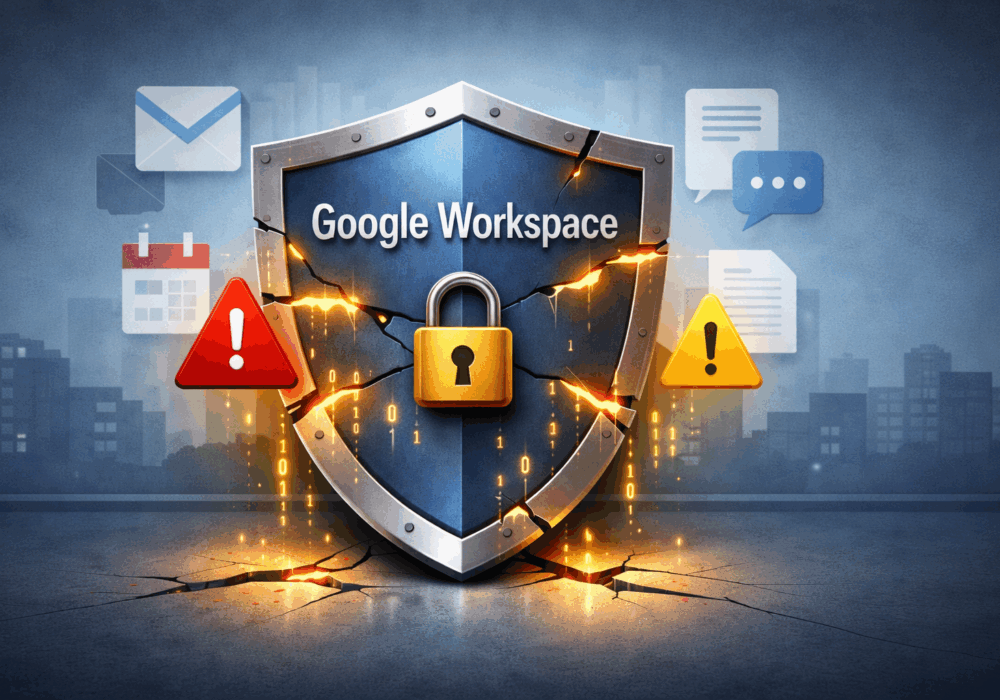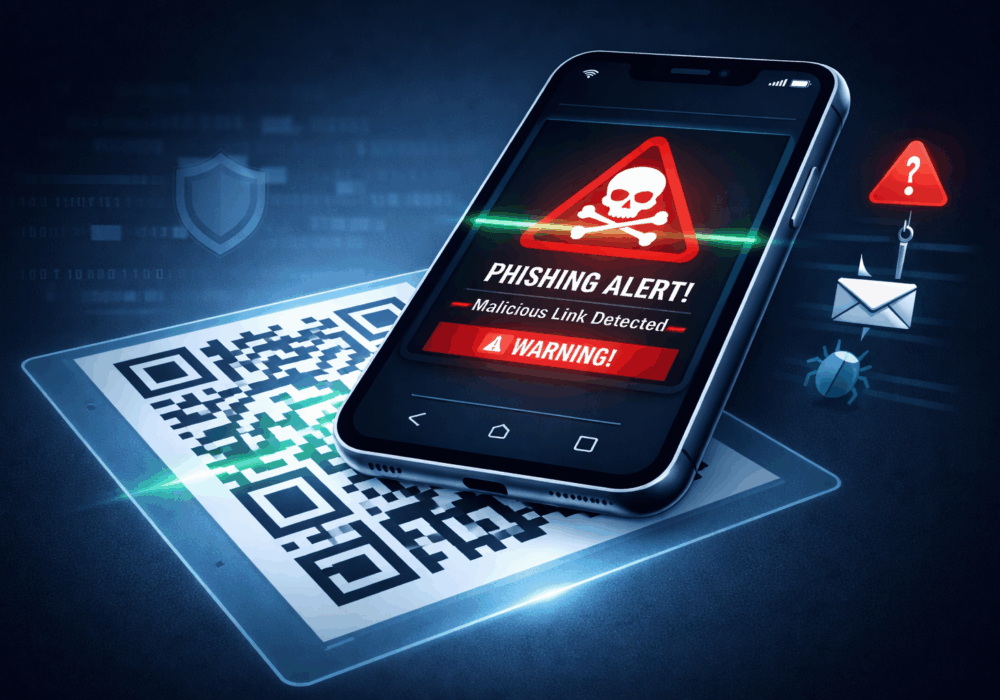An MD5 Hash is a hashing algorithm that is a one-way cryptographic function that accepts a message of any length as input and returns as output a fixed-length digest value to be used for authenticating the original message. The MD5 hash function was originally designed for use as a secure cryptographic hash algorithm for authenticating digital signatures. While the MD5 hash has been deprecated for most cryptographic uses, it is still used as a noncryptographic ‘checksum’ to verify and validate file integrity when downloading installation files, prior to their execution. This remains a valuable check on the validity of a file you download to ensure it is free of malware or hidden back doors.
One approach for data-integrity verification (file verification) is to generate an MD5 hash when the content is created and posted to a website for download. Then ongoing checks can be made of the file to validate its MD5 hash (using the checksum) either after a period of storage and presentation to the Internet or by end-users after they have downloaded the file. The hash values are compared and, if they match, this indicates that the data is intact and has not been altered.
MD5 hashes can be used before executing files to see if the file has been tampered with prior to its execution and installation. This is done by researching a file’s MD5 Hash (tip – research and compare multiple website’s reported MD5 Hash) and compare them to the downloaded file. This can validate the new file you downloaded hasn’t been tampered with.
It’s important to always be sure you’re installing safe applications or files on your devices. This can be extended to patches from vendors to validate their file integrity as well.
In addition to the recommendations above you can also check website reviews, the application’s country of origin, or the reputation of the developers. Each of these can provide you incremental improvement in your trust of the downloaded file before installing it on your computer.
The recommendations below will help you and your business stay secure against the various threats you face on a day-to-day basis. All of the following suggestions can be accomplished in your company by hiring CyberHoot’s vCISO services. For a vCISO proposal, please email Sales@CyberHoot.com.
All of these recommendations are built into CyberHoot’s product and/or vCISO services. With CyberHoot you can govern, train, assess, and test your employees. Visit CyberHoot.com and sign up for our services or email Sales@cyberhoot.com for a free consultation. Do it today as you never know when an attack will occur. At the very least continue learning by enrolling in our monthly Cybersecurity newsletters to stay on top of current cybersecurity threats, vulnerabilities, and breaking news.
Sources:
Additional Reading:
Pirated Movies Containing Malware
Related Terms:
CyberHoot does have some other resources available for your use. Below are links to all of our resources, feel free to check them out whenever you like:
Note: If you’d like to subscribe to our newsletter, visit any link above (besides infographics) and enter your email address on the right-hand side of the page, and click ‘Send Me Newsletters’.
Discover and share the latest cybersecurity trends, tips and best practices – alongside new threats to watch out for.

And How to Fix Them Let me make an educated guess. You moved to Google Workspace because it was supposed to...
Read more
Remember Heartbleed? That security nightmare from a few years back that made everyone panic about their...
Read more
Remember 2020? We scanned QR codes for everything. Restaurant menus. Parking meters. That awkward moment at a...
Read moreGet sharper eyes on human risks, with the positive approach that beats traditional phish testing.
